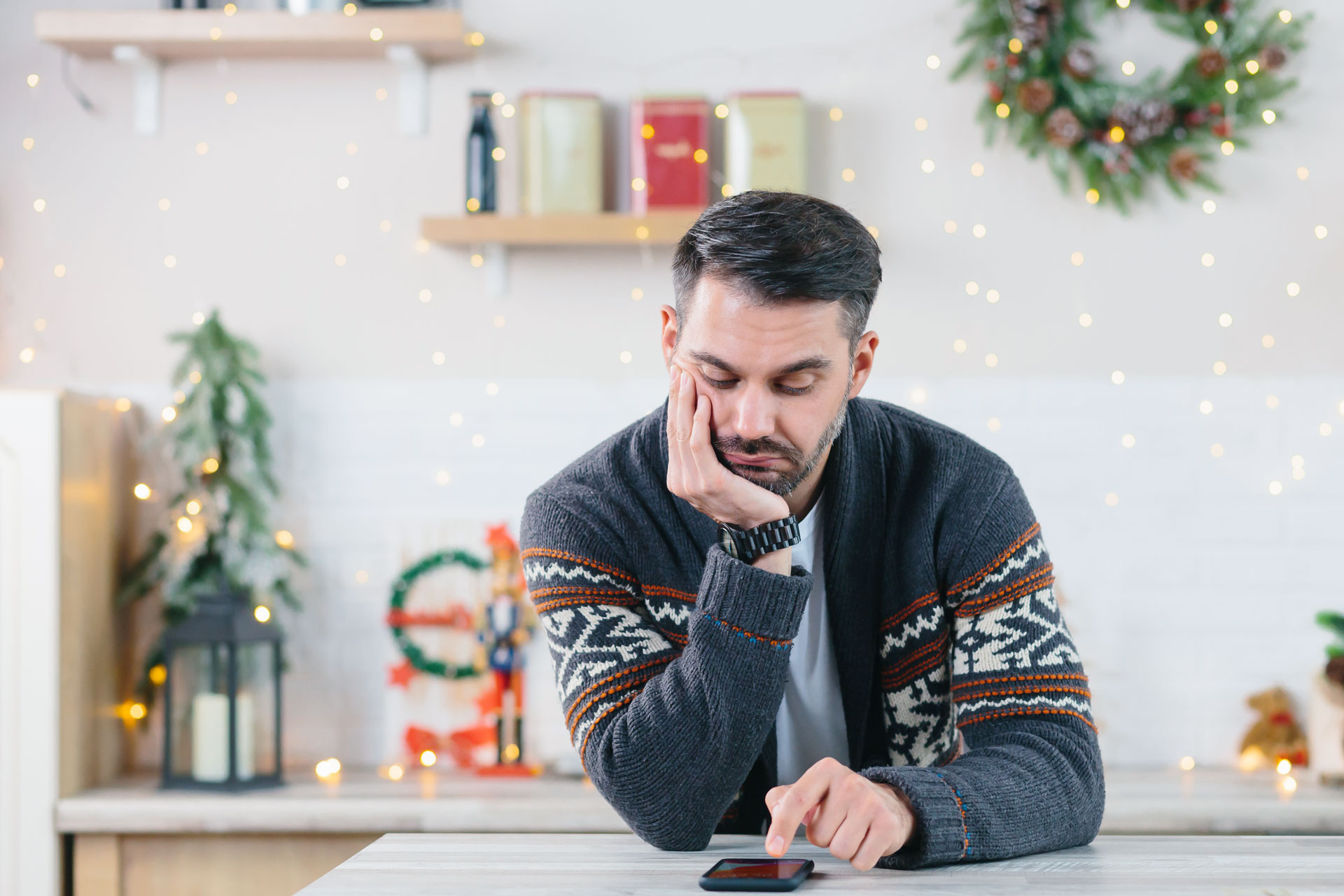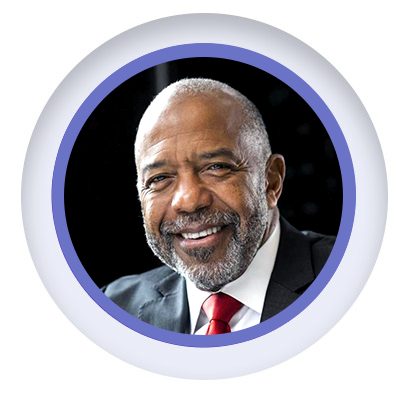
Overcome Holiday Stress, Anxiety or Depression with Behavioral Health Solutions
Recuro’s Virtual Behavioral Health Solution Relieves Emotional Stressors
Give yourself a gift this season to relieve the tensions, deal with the recent loss of a family member or manage emotional issues often associated with all the responsibilities that accompany holiday festivities. Never leave the comfort of home or abandon the demands of cooking and entertaining: our team of psychiatrists and licensed counselors provide secure ongoing counseling, medication management and support through secure and private online video and phone sessions, whenever and wherever needed in all 50 states. This concierge-like, “virtual visit” experience provides numerous conveniences and benefits that help to overcome stressful issues that surface during the holidays.
You are Not Alone!
According to a survey by the American Psychological Association, 38 percent of people said their stress level increases during the holidays. There are, in fact, many potential happiness traps during the holidays. The APA study revealed the top stressors include lack of time, money worries, over-commercialization, gift-giving pressure and family get-togethers. The hassles of travel and worries about taking time off from work also make the list. Another survey, by the investment firm Principal Financial Group, revealed that 53 percent of people feel financially stressed by holiday spending, even though more than half of the 1,000 respondents had created spending budgets.
More recently, a 2022 survey from the National Alliance on Mental Illness (www.Nami.org) reports 64% percent of people living with mental illness report holidays make their conditions worse. “For many people the holiday season is not always the most wonderful time of the year,” says NAMI medical director Ken Duckworth in an interview before the pandemic. For people living with a mental health condition, stress can also contribute to worsening symptoms during the holidays. Examples: in schizophrenia, it can encourage hallucinations and delusions; in bipolar disorder, it can trigger episodes of both mania and depression. The COVID-19 crisis has made maintaining mental health more challenging for so many.
Virtual, Professional Support is Available
Using Recuro’s virtual access, members can simply make an appointment on their lunch break, while traveling, or weekends to utilize this service and close the lack of access many members experience. Services include ongoing counseling, medication management, and assessments. During the holidays, these services are especially helpful for dealing with conditions related to grief and loss, addiction, trauma/PTSD, depression, even family behavioral health challenges that impact teenagers.

Coping with Holiday Stress
Check out these tips from NAMI. Here’s some suggestions for how you can reduce stress and maintain good mental health during the holiday season:
- Take steps to stay safe. As COVID-19 abates, check guidelines such as California’s Public Health Department and the Centers for Disease Control (CDC) which released guidelines for holiday gatherings. The safest way to gather is to spend time with people living in the same household or to gather virtually.
- Accept your needs. Be kind to yourself! Put your own mental and physical well-being first. Recognize what your triggers are to help you prepare for stressful situations. Is shopping for holiday gifts too stressful for you? What is making you feel physically and mentally agitated? Once you know this, you can take steps to avoid or cope with stress.
- Write a gratitude list and offer thanks. As we near the end of the year, it’s a good time to reflect back on what you are grateful for, then thank those who have supported you. Gratitude has been shown to improve mental health. In the midst of all the negative circumstances, is there something or someone for whom you are grateful?
- Manage your time and don’t try to do too much. Prioritizing your time and activities can help you use your time well. Making a day-to-day schedule helps ensure you don’t feel overwhelmed by everyday tasks and deadlines. It’s okay to say no to plans that don’t fit into your schedule or make you feel good.
- Be realistic. Even pre-pandemic, the happy lives of the people shown in those holiday commercials are fictional. We all have struggles one time or another and it’s not realistic to expect otherwise. Sometimes, it’s simply not possible to find the perfect gift or have a peaceful time with family. (Yes, even Zoom family gatherings can be stressful!)
- Set boundaries. Family dynamics can be complex. Acknowledge them and accept that you can only control your role. If you need to, find ways to limit your exposure.
- Practice relaxation. Deep breathing, meditation and progressive muscle relaxation are good ways to calm yourself. Taking a break to refocus can have benefits beyond the immediate moment.
- Exercise daily. Schedule time to walk outside, bike or join a dance class. Whatever you do, make sure it’s fun. Daily exercise naturally produces stress-relieving hormones in your body and improves your overall physical health. More on the benefits of movement.
- Set aside time for yourself and prioritize self-care. Schedule time for activities that make you feel good. It might be reading a book, going to the movies, getting a massage, listening to music you love, or taking your dog for a walk. It’s okay to prioritize alone time you need to recharge. More on self-care.
- Eat well. With dinners, parties, and cookie trays at every turn, our eating habits are challenged during the holiday season. Try to maintain a healthy diet through it all. Eating unprocessed foods, like whole grains, vegetables, and fresh fruit is the foundation for a healthy body and mind. Eating well can also help stabilize your mood.
- Get enough sleep. Symptoms of some mental health conditions, like mania in bipolar disorder, can be triggered by getting too little sleep. More on getting good sleep.
- Avoid alcohol and drugs. They don’t actually reduce stress: in fact, they often worsen it. If you’re struggling with substance abuse, educate yourself and get help.
- Spend time in nature. Studies show that time in nature reduces stress. (More on the mental health benefits of nature.) Need to break away from family during a holiday gathering? Talk a walk in a local park.
- Volunteer. The act of volunteering can provide a great source of comfort. By helping people who are not as fortunate, you can also feel less lonely or isolated and more connected to your community. You can find out if there is a safe way to volunteer in your community.
- Find support. Whether it’s with friends, family, a counselor or a support group, airing out and talking can help.
Keep up or seek therapy. If you’re feeling overwhelmed, it may be time to share with your mental health professional. They can help you pinpoint specific events that trigger you and help you create an action plan to change them. If you’re already seeing a therapist, keep it up. Contact Recuro or visit our Virtual Behavioral Health solution page to learn more. Happy Holidays!









